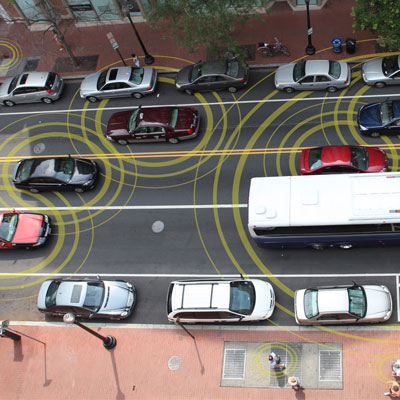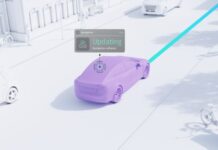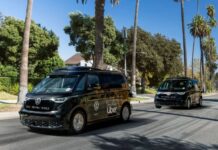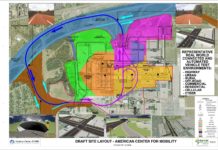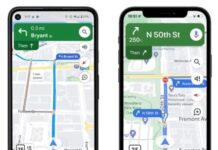WASHINGTON (Reuters) – A U.S. Senate panel on Wednesday unanimously gave the green light to a bill aimed at speeding the use of self-driving cars without human controls, a measure that also bars states from imposing regulatory road blocks.
The bill still must clear a Senate vote, but it appears on track to passage. This should rev up profits for automakers, technology companies and ride service providers, hastening the day when their robot cars can carry passengers on the same U.S. roads as cars driven by people.
General Motors Co, Alphabet Inc, Ford Motor Co and others have lobbied for the landmark legislation, while auto safety groups urged more safeguards and have pledged to keep fighting for changes.
However the measure will not speed the process for self-driving commercial trucks, which remain in a slower lane despite support from several Republican senators.
The Senate Commerce, Science and Transportation Committee approved the bill, and the U.S. House of Representatives unanimously passed a similar measure last month. Automakers would be able to win exemptions from safety rules that require human controls. States could set rules on registration, licensing, liability, insurance and safety inspections, but not performance standards.
Senator John Thune, the Republican who chairs the Commerce Committee, said the bill “underscores the bipartisan desire to move ahead with self-driving vehicle technology…. The safety and economic benefits of self-driving vehicles are too critical to delay.”
Senator Richard Blumenthal, a Democrat, sought to amend the bill to require human controls in case of emergency, but dropped that proposal. Some senators argued it would be more dangerous to allow human drivers to seek to take over driverless cars.
Even with the legislative victory, developers of self-driving technology face technical challenges. There are also the complications of driverless vehicles sharing the road with human drivers. GM told California its self-driving cars were involved in six crashes in September. The accidents were all minor, and the automaker has blamed them on human drivers and one bicyclist who hit its self-driving vehicles.
Neither the House nor the Senate bill would speed approval of self-driving technology for vehicles over 10,000 pounds, a step pushed by trucking organizations. Labor unions raised safety and employment concerns, and Democrats resisted that part of the proposal.
Teamsters President Jim Hoffa said the “safe development of advanced heavy trucking technology must encapsulate the life-and-death issues that are specific to that industry, not consider such consequences as an inconvenient after-thought.” He said Congress should also consider U.S. jobs.
Tesla Inc,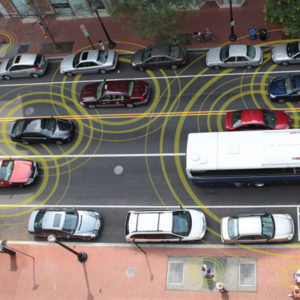 Alphabet, Uber Technologies Inc [UBER.UL] and others have said they are working on self-driving trucks.
Alphabet, Uber Technologies Inc [UBER.UL] and others have said they are working on self-driving trucks.
After lengthy negotiations, congressional aides added language to the bill aimed at preserving legal rights to sue over defective vehicles. This resolved a dispute that threatened to derail the bill.
Within three years, the bill would allow automakers to each sell up to 80,000 self-driving vehicles annually if they could demonstrate they are as safe as current vehicles. Auto safety advocates complained it lacked sufficient safeguards.
The phase-in schedule was revised to initially allow 15,000 per manufacturer in the first year and up to 80,000 after three years, down from 50,000 to start and up to 100,000 in three years. It would eliminate the cap after four years.
The bill grants the National Highway Traffic Safety Administration (NHTSA) authority to exempt vehicles from federal safety requirements and the agency would have to make a determination within six months of getting a request.
The Self-Driving Coalition, a group of automakers, tech firms and advocates for the disabled, said the legislation “will help ensure that the United States leads the world in self-driving innovation.”
Under the measure, NHTSA must write permanent rules on self-driving cars within a decade and regulators must study how to encourage U.S. production of self-driving equipment and also look at the impact of self-driving vehicles on infrastructure, traffic congestion and fuel consumption.
Companies would need to disclose what information self-driving cars are collecting about individuals and how it is used. Companies would need to disclose if consumers could opt out of data collection.



